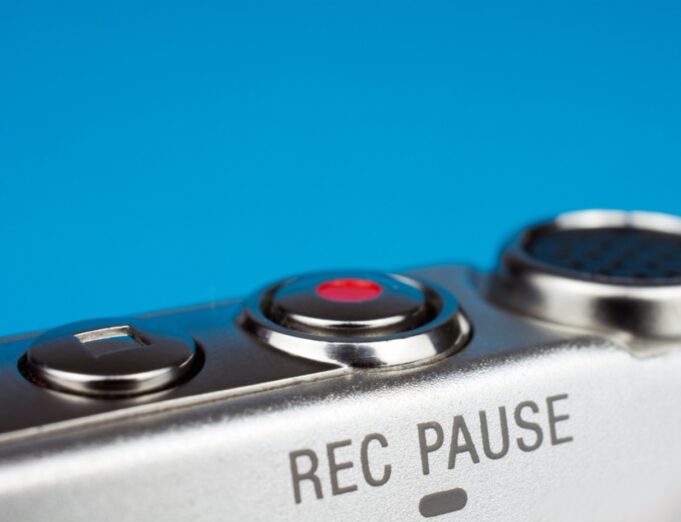Q: What are the HOA manager and board responsibilities for the homeowners’ portion of the board meeting? Presently, virtual sessions are done with requests via email. Our manager crafted defensive, aggressive responses and sent them before the meeting even happened. I think homeowners would have liked us to appear to listen. — D.V., San Diego
A: Civil Code Section 4925(b) requires all open board or membership meetings to include a time for members to speak, subject to a reasonable time limit. Virtual meetings are not exempt from this statute. Civil Code 5450, the statute authorizing purely virtual meetings during declared emergencies, does not dispense with Open Meeting Act requirements. Requiring members to submit written questions in advance is not a substitute for an open forum.
The open forum part of meetings is extremely important. This is the one time in the meeting for attendees to contribute and comment.
Members should plan their open forum remarks in advance and use their time wisely, and directors should listen and not respond, argue, or otherwise interfere with a member’s allotted time. To preserve speakers’ time, questions should be answered after the open forum is completed, and, unless the subject of the person’s comments is already on the posted agenda, Civil Code Section 4930(b)(1) bars directors from discussing the subject raised by the open forum comment.
Clamping down on open forums not only violates the law but sends the wrong message to the community. Have reasonable time limits and make it clear that an open forum is an important part of each HOA meeting and is not just a statutory requirement to be endured.
Q: During general session board meetings, are homeowners allowed to record or videotape the session without the board’s authorization and knowledge? — P.R., Anaheim
A: Homeowner association board meetings are open to members but not the public and so are private meetings. Secretly recording a private meeting may be a violation of Penal Code Section 632 and could also be considered an invasion of privacy, since board meetings are private gatherings for the benefit of the members.
Therefore, making unauthorized recordings of HOA meetings is a very bad idea.
Q: We have a board that for over a year has been in control of our HOA and we have had one open meeting. All decisions are done without meetings and without any meeting minutes. Are courts just allowing the board to make decisions without a meeting and deprive owners of the opportunity to vote on the matters themselves? — P.B., Tarzana
A: Some boards have felt that the pandemic relieved them of the responsibility to have board meetings. This is incorrect. The corporation can only act through the board, and the board per the Open Meeting Act acts through board meetings.
If there are no meetings and no minutes, then the corporation has not acted, and all the board’s decisions are subject to being set aside. This could expose the directors to personal liability and could throw the HOA into chaos if a new board rejected all the old board’s undocumented actions.
Such a board should hold an open meeting, announce in the posted agenda the past decisions to be ratified, and then ratify those past decisions.
Kelly G. Richardson, Esq. is a Fellow of the College of Community Association Lawyers and Partner of Richardson Ober DeNichilo LLP, a law firm known for community association advice. See original article at OC Register.











